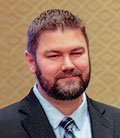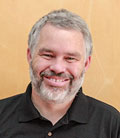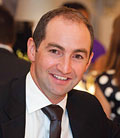Viva Energy’s Geelong refinery reduces FCCU turnaround risk
Change involves risk. Many fluidized catalytic cracking units (FCCUs) can be operated more profitably, but changes to achieve more efficient operations can be risky.
IP: 10.2.165.46
This is a preview of our premium content. Thank you for your interest—please
log in or
subscribe to read the full article.
The Authors
Blaser, P. - CPFD LLC, Albuquerque, New Mexico
Peter Blaser is Vice President of Engineering Services at CPFD LLC, with 20 yr of experience in developing and applying specialized computational fluid dynamics (CFD) technologies. Since 2010, Mr. Blaser has applied his expertise in fluidization and fluid-particle computational modeling toward refinery troubleshooting and improvements via simulation, with emphasis on the FCCU and related components.
Pendergrass, J. - CPFD LLC, Albuquerque, New Mexico
John Pendergrass is a Senior Engineer at CPFD LLC with 26 yr of experience applying simulations to multiphase processes. He has worked in the petrochemical industry with both engineering/design and simulation services companies. Over the past 6 yr, he has executed multiple full-scale simulation projects for FCCUs.
Gabites, J. - Viva Energy Australia, Melbourne, Australia
John Gabites is a Process Control and Optimization Engineer at Viva Energy Australia’s Geelong refinery, where he is primarily responsible for maintaining and developing advanced process control applications. His 15 yr of process modeling expertise is focused on optimization, design and operator training across the dairy, mineral processing and oil and gas sectors.
Brooke, A. - Viva Energy Australia, Melbourne, Australia
Angus Brooke leads the long-term process engineering team at Viva Energy Australia’s Geelong refinery, which strives to improve operations by employing new tools and techniques. He has a 20-yr background in refinery design and operational support, having worked in Shell’s Amsterdam technical support center and at Shell’s former refinery in Sydney.
Related Articles
From the Archive










Comments